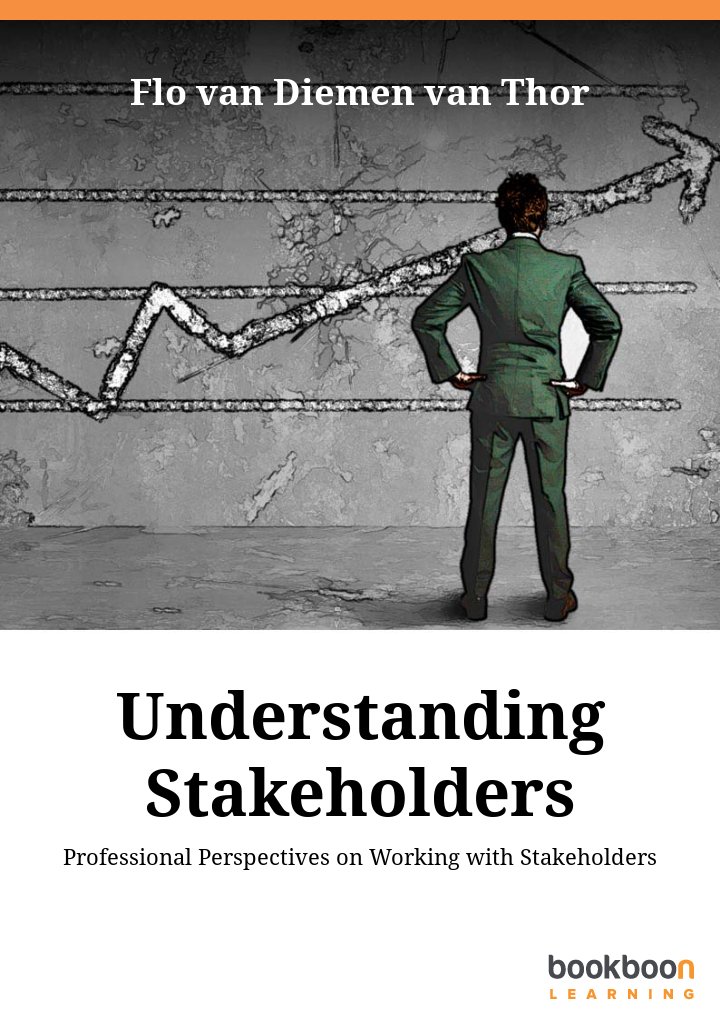In 1995, Greenpeace led a campaign to stop Shell from retiring a redundant oil storage facility, the Brent Spar, by sinking it into a trough off the coast of Scotland. The campaign raised the question of whether the creatures on the seabed could be considered to be stakeholders. A global debate erupted and took on a political hue while stakeholder theorists were having a field day.
Stakeholders: not to be confused with shareholders.
We don’t need to own shares or have a formal relationship with a company to influence its success. A vocal minority can achieve much by lobbying those who do and by making use of media coverage to get the masses on their side. Stakeholders are also not necessarily people: they can be organisations and they can even be voiceless organisms.
Costly stakeholders
As Shell found at a price, well-connected opponents can raise hell. The loss of sales due to consumer boycotts was estimated to be between £60 and £100 million. The loss of political goodwill across Europe resulted in further complications for the multinational, which is dependent on licences to operate in national and international waters.
The Brent Spar case is of course a spectacular example of a very large organisation completely underestimating its stakeholders. It was only under immense pressure and with hours to spare that Shell called off the sinking of the Brent Spar. It was eventually recycled into harbour facilities.
Better reasons to engage your stakeholders
Financial losses are often an important reason for engaging with stakeholders. It’s a shame, because if it has become clear that losses are on the books, there is very likely a serious problem in the eyes of your stakeholders. They tend to vote with their feet.
Here are some reasons to not wait around for disaster to strike and get up close and personal with your stakeholders while the going is good.
1. Improvement and innovation
Stakeholders are a rich source of information. Think about product development and service improvement: your current prospects and customers can give you valuable insight into how you are doing.
What is it like to use your stuff? Does it continue to deliver on their expectations? What about value for money? And if they could wave a magic wand at your product, what would happen?
2. Gaining competitive advantage
Cast your eye beyond what you’re focused on yourself and examine the wider landscape. How do you compare to your closest competitors? What are your competitors good at, that you can learn from?
In addition to learning from your customers and doing your market research, you can tap into other stakeholders who can tell you where you feature on the map. For example, what do expert bloggers think of your product or service? How are competitors’ products discussed on user forums?
3. Measuring organisational mood
An oft-overlooked stakeholder is the internal one: you, and your own people. Staying close to your internal stakeholders means having a finger on the pulse of organisational mood. This matters, because like customers, staff can vote with their feet and even decide to undermine your purpose from within.
Internal communications that flow both ways are absolutely essential here. As with the above examples it will pay dividends to start this before crisis hits, so you have established mechanisms and relationships to draw on when times do get tough.
***
In December 2016 my first book, Understanding Stakeholders was published by Bookboon.com.
Synopsis: The emphasis of this book is on understanding stakeholders through five organisational lenses: senior leadership, the HR function, project management, marketing and communications and customer services. Stakeholders are considered slightly differently by each of these functional perspectives. By visiting each perspective we will pick up additional approaches and stakeholder methods and reduce potential confusion when working across functions.
To see the Table of Contents or go straight ahead and buy a copy, click on the image below.




